Unity, not division, makes us stronger
The United States election has left the US, and the world, in a place of divisive darkness. Can we find some connection?
“The arc of the moral universe is long, but it bends toward justice.”
Dr. Martin Luther King, Jr.
The United States election has left the US, and the world, in a place of divisive darkness.
Whoever you supported/voted for (if you are in the US and could vote), this election has been emotionally intense. It has torn apart friends, family, communities and our country. It has fostered contempt and malice, finger pointing and blame, stress and anxiety.
The research is clear: division sows the seeds of devastation. Connection, however, requires constant commitment and nurturing.
Last week, when I gave a keynote in Atlanta, I paused from the conference to visit Martin Luther King, Jr. National Historical Park. The park offered much needed inspiration about how to not be engulfed by the darkness and instead recommit to connection. I hope these insights can bring some light to all of you.

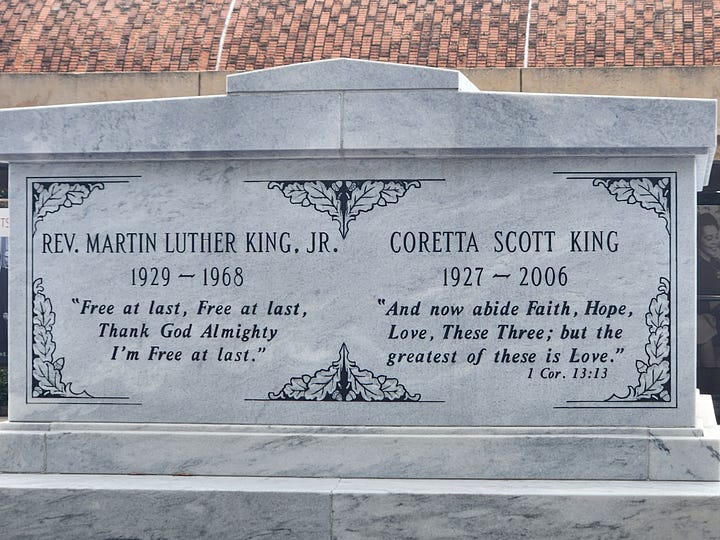
PS - A few months ago, we wrote about a much longer post here about research on how to connect with friends and family that have opposing perspectives. Feel free to check it out if you are grappling with how to talk with people that have a different perspective than you.
There is lots of finger pointing in the aftermath of the US election - exacerbating the divides and reinforcing the devastation.
What we need to move forward however is unity. Here are some historic insights to offer some help.
1. Focus on the shared long-term vision.
A deeply divided nation elected President Abraham Lincoln for a second US presidential term in 1865. The US civil war just ended. Hatred flowed through the country. Division prevailed.
Lincoln’s main task - to unite a nation. In his inaugural address he reminded people of the goal:
“With malice toward none; with charity for all; with firmness in the right - as God gives us to see the right - let us strive on to finish the work we are in to bind up the nation's wounds, to care for him who shall have borne the battle and for his widow and his orphan ~ to do all which may achieve and cherish a just and lasting peace among ourselves and with all nations."
- Abraham Lincoln, Second Inaugural Address
National rhetoric during this recent US election has been deeply divisive. But if you talk with individuals, there is much greater similarity of goals. People on both sides of this election seek a better society - one that allows us to survive and thrive, to move forward with peace, security and prosperity. Whatever side we are on, we tend to think that this goal is only applicable to our side. But talking with people around the country reminds us of this shared human aspiration.
Now is a moment to remind ourselves of the long-term vision - a just and peaceful society. While we may differ in how to get there, let’s start by reminding ourselves of our shared vision of what we want for ourselves and our next generation.
2. Focus on connection, not condemnation.
Martin Luther King, Jr. sought justice through nonviolence and peace. Most powerfully, he reminded us that he was fighting evil ideas, not people.
Amid the violent Montgomery bus strike he wrote:
“It is evil we are seeking to defeat, not the persons victimized by evil. Those of us who struggle against racial injustice must come to see that the basic tension is not between races. As I like to say to the people in Montgomery, Alabama: The tension in this city is not between white people and Negro people. The tension is at bottom between justice and injustice, between the forces of light and the forces of darkness.” - MLK, Jr, 1956The rhetoric - on both sides of this US election- has been condemnation. We dismiss one another, without really understanding each other.
Yet when we can pause, listen and respect, we can have some of the most powerful, impactful and insightful conversations.
Our path toward healing as a society will come when we move away from finger-pointing hatred, and value each other’s humanity; when we can disagree, without dehumanizing.
The path toward unity is a hard fought battle, but one well worth it. Our strength comes in our connection, not in our division. As raw as we all might feel, now is not the time for more blame and division, but more focus on unity and connection.
My hope is that these historical figures can inspire each of us to have one conversation with someone who thinks differently from us in search of connection, and ultimately in search of a better future.
If you are ready to build bridges instead of walls, here’s some more insights:
Guzmán, Mónica. I never thought of it that way: How to have fearlessly curious conversations in dangerously divided times. BenBella Books, 2022.
Kahane, Adam. Collaborating with the enemy: How to work with people you don’t agree with or like or trust. Berrett-Koehler Publishers, 2017.


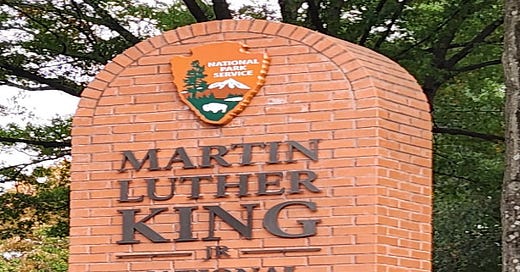


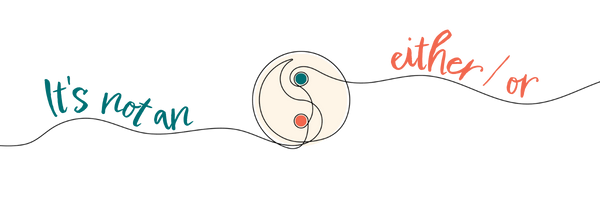
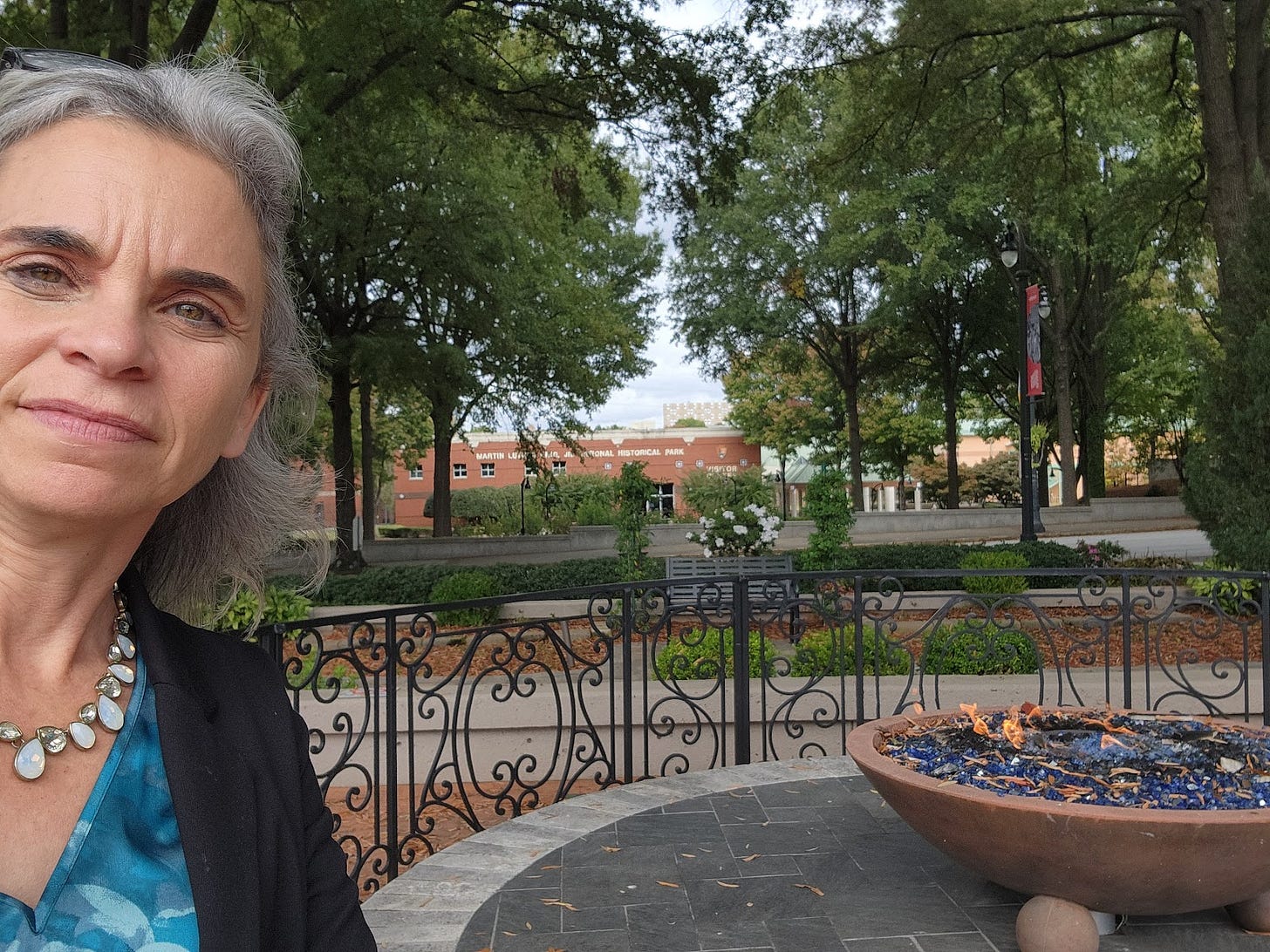





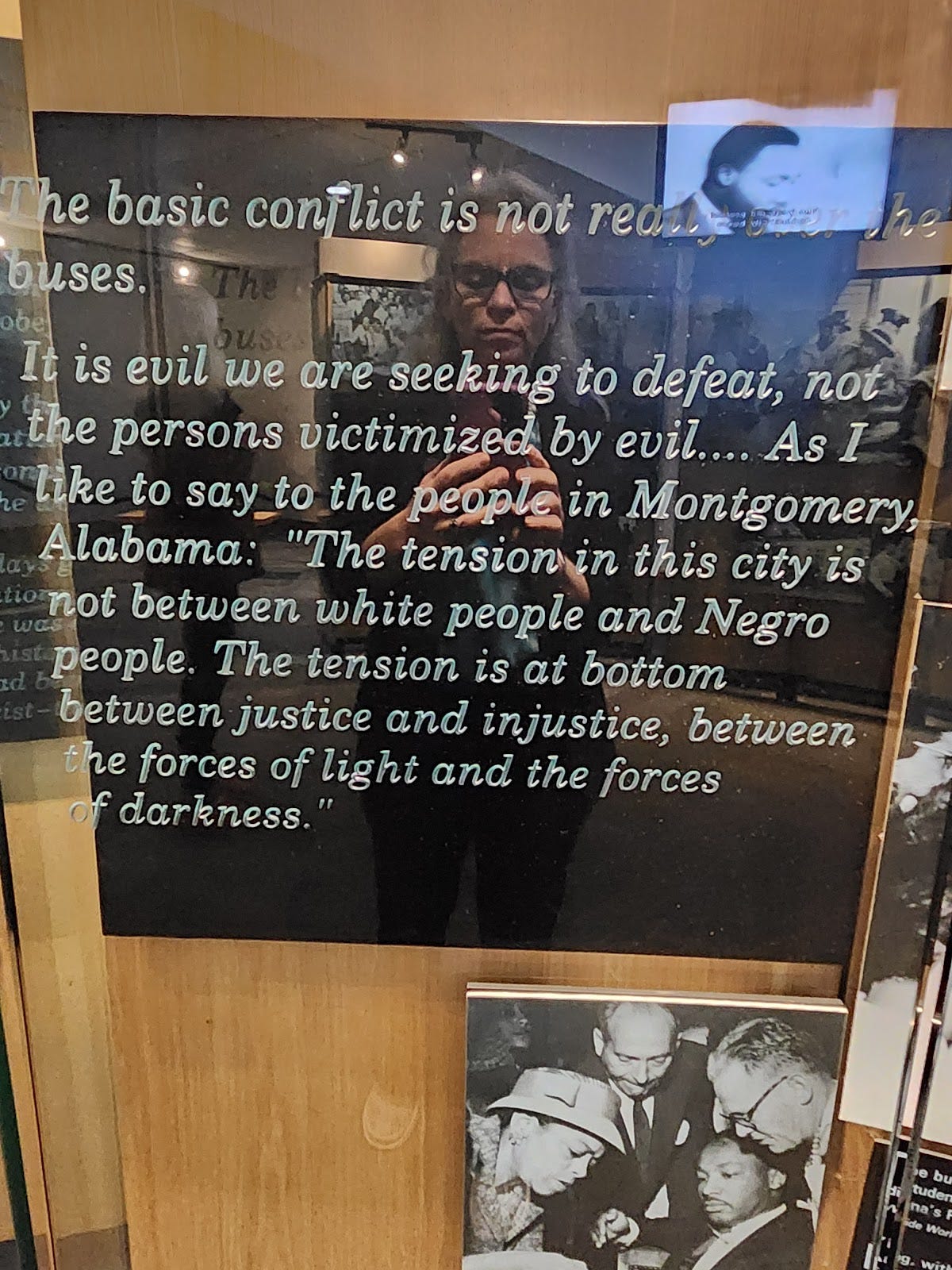

Focus on connection not condemnation is such a powerful piece of advice. Thank you for this post—much needed in this time and space.